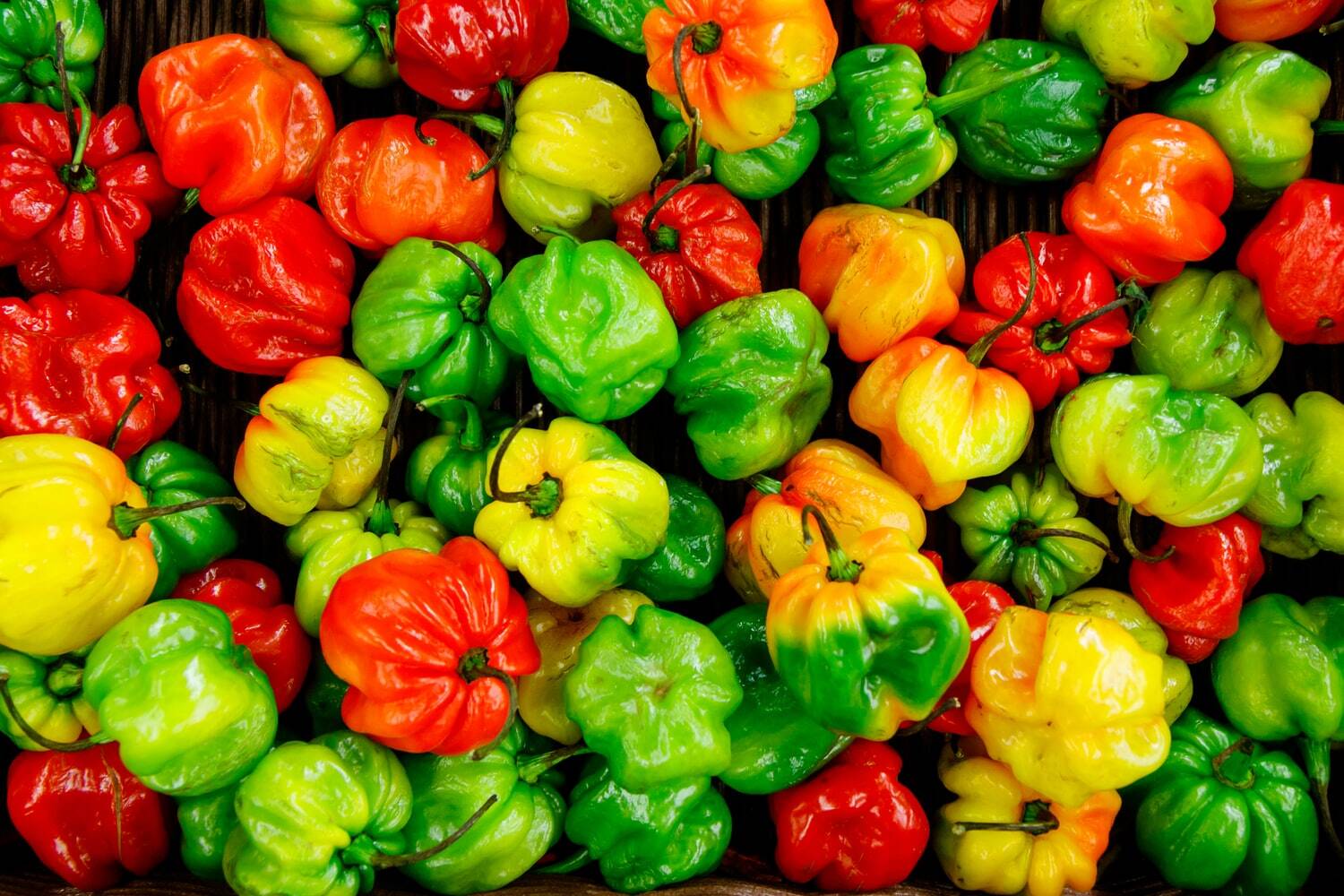
There are two types of people in the world: those who relish spicy food and everybody else. Most people can only relate to one or the other type. If you like spicy food, then how can anyone enjoy plain white rice? And if you don’t like spicy food, then you can’t rationalize the appeal of self-inflicted pain. Isn’t food supposed to make you feel good? As it turns out, science has a lot to say about people who simply can’t get enough heat. If this describes you, one or a combination of the following headings may apply.

Spicy food and I have a close relationship—an obsessive one, in fact. If it’s spicy, I want it. I want to sweat and shake and go half blind from the searing pain . . . which, now that I put it that way, seems really suggestive. But spicy stuff is addictive. That’s a known fact of science.
Maureen Johnson, American Novelist
1. You Are a Thrill-Seeker
A Penn State University study discovered a relationship between thrill-seeking and preference for study foods:
Using Arnett’s Inventory of Sensation Seeking (AISS) test — one that determines one’s level of risk taking behavior — they surveyed the participants first on their preferences to thrill. The questions included things like listening to loud music, watching highly suspenseful movies, public speaking, gambling and standing on the edge of something high and looking down. Their results were compared to their preferences for spicy food. Unsurprisingly, those who scored higher on the AISS test had higher preferences for spicier foods.
Source: Elite Daily
There is something about the pain of spicy food, knowing that it’s not going to kill you, that makes people feel alive and satisfies their thirst for adventure.
2. You Have High Testosterone Levels
This 2015 study found a correlation between male salivary testosterone levels and preferences for spicy food. The latter was measured in terms of the quantity of hot sauce that participants voluntarily consumed with their food.
Participants included 114 males between the ages of 18 and 44 recruited from the community. They were asked to indicate their preferences regarding spicy food and were then asked to season a sample of mashed potatoes with pepper sauce and salt (control substance) prior to evaluating the spiciness of the meal. A positive correlation was observed between endogenous salivary testosterone and the quantity of hot sauce individuals voluntarily and spontaneously consumed with a meal served as part of a laboratory task. In contrast, significant correlations were not observed between testosterone and behavioral preference for salty foods. This study suggests that behavioral preference for spicy food among men is related to endogenous testosterone levels.
Whether or not spicy food increases testosterone levels or men with higher testosterone levels simply have a preference for it is unclear. What is clear is there is a strong association between the two.
3. You Are Highly Sensitive To Reward
According to the experts, sensitivity to reward “refers to the degree to which an individual’s behavior is motivated by reward-relevant stimuli and is believed to be regulated by the behavioral activation system. . .” (source). An example of a reward is the pleasure experienced by eating good food, working out, or the endorphins released after exposure to spicy food. People highly sensitive to reward live by the motto, “No pain, no gain” (e.g. David Goggins), while those less less sensitive to reward make do with neither.
In a 2013 study entitled “Food Quality and Preference,” researchers discovered a positive correlation between sensitivity to reward and spicy food preferences (source). For these individuals, spicy food is worth consuming because it triggers the release of happy hormones comparable to a runner’s high.
For all you spice aficionados reading this post, I’m curious what it is about the chili pepper that whets your appetite. Let me know what the research cited above got right, wrong or neglected to address.

I take to spicy food with great enthusiasm.
Ben Peters, I am a spicy food fan.
Ben Peters, I am a hardcore spicy food fan. Having said that, I will always listen when my body has decided that it has had enough.
You are wise beyond your years
Ben Peters, I will pay heed to what my body says. However, I love spicy foods.